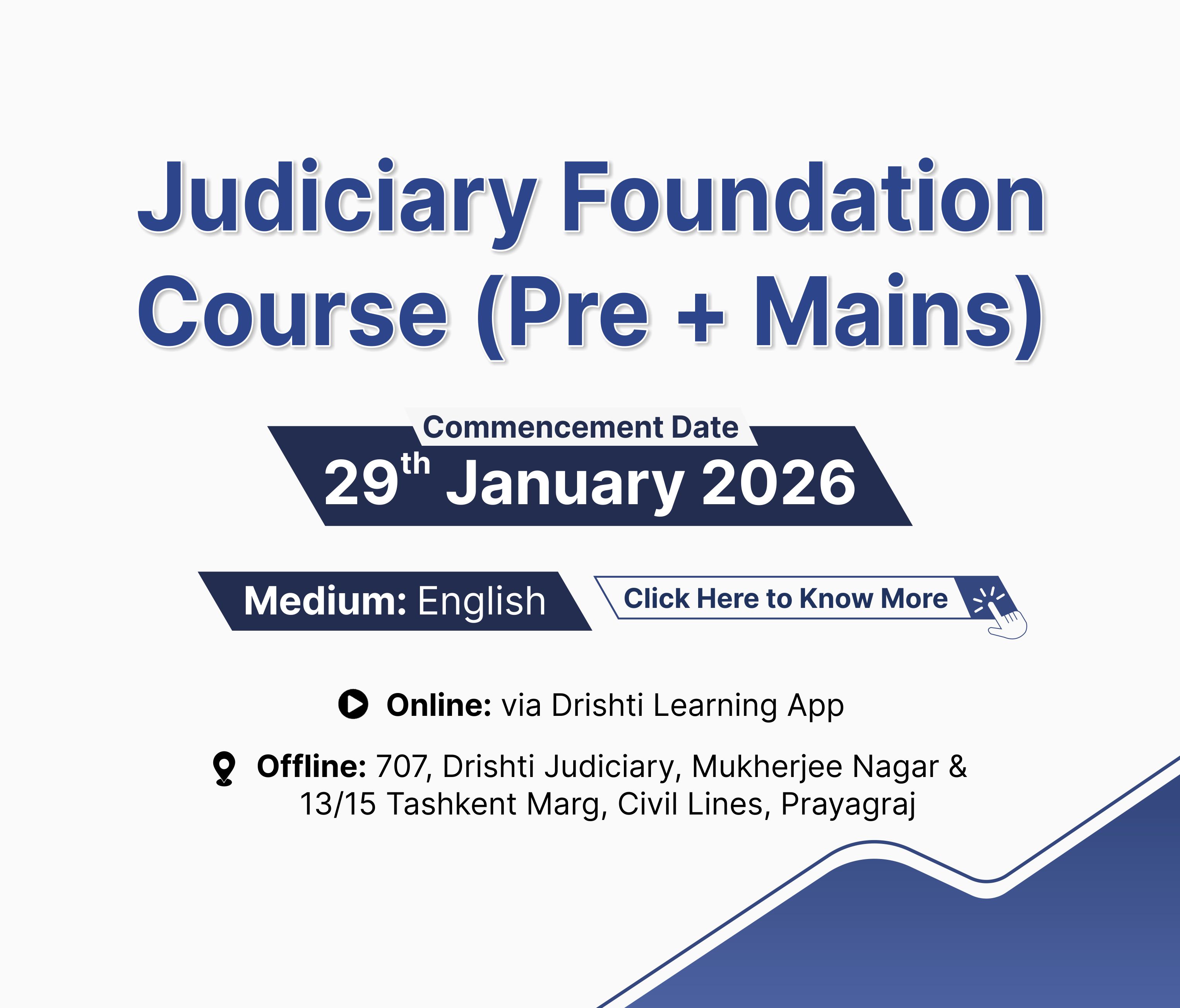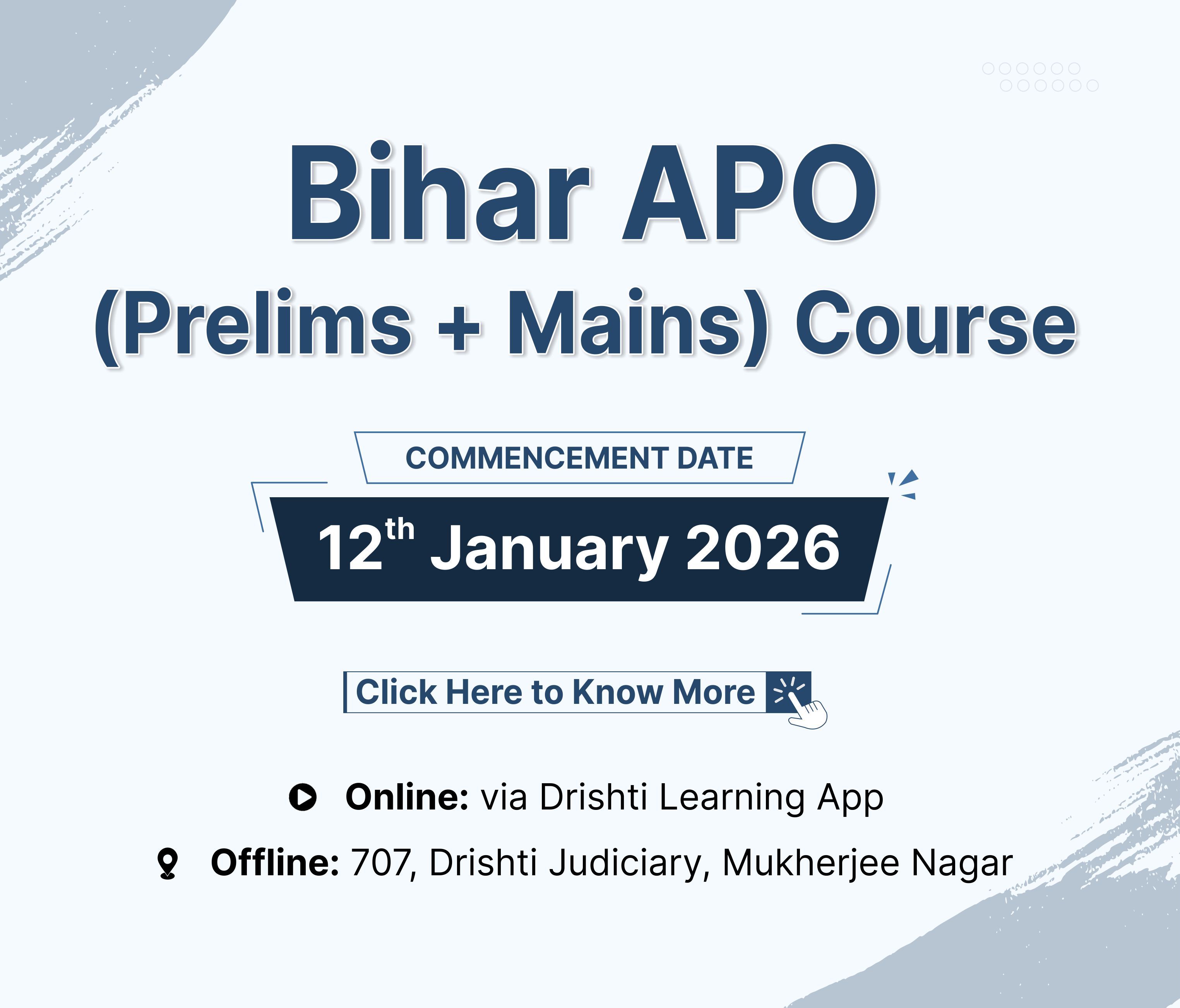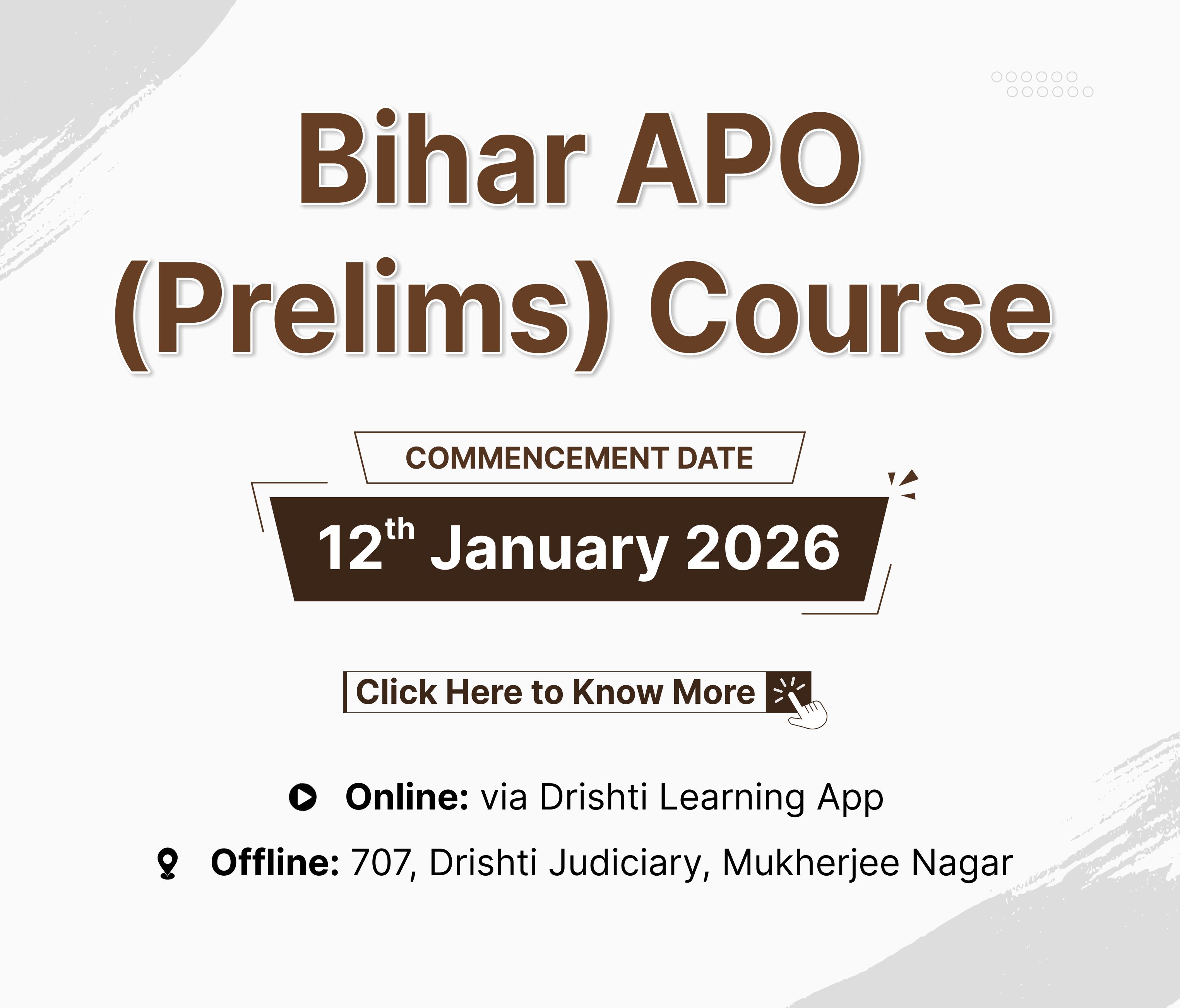List of Vocabulary
Joint Sitting
- The collective sitting of both the Houses of Parliament called by the President of India which is presided over by the Speaker of the Lok Sabha.
Judge
- One invested with authority to determine any cause or question in court of justice.
Judgement Debtor
- one whose obligation to pay a judgement debt remains unsatisfied; a person against whom a judgement directing to pay a sum of money is still executable
Judicial Separation
- A separation of husband or wife under the orders of court which puts an end to cohabitation but not to marriage.
Jural postulates
- of or relating to law
Jurisdiction
- power or authority in general; legal authority or power; the authority or power of a court to entertain and decide on any judicial proceedings; the area over which the power of the court extends
Jurist
- A person who is an expert in law.
Juristic Person
- A body of persons , corporation, partnership or other legal entity recognized by law as subject of rights and duties.
Juristic Person
- a body of persons, a corporation; a partnership or other legal entity that is recognised by law as the subject of rights and duties, called also artificial person
Jury
- A certain number of men, selected according to law, and sworn to inquire of certain matters of fact, and declare the truth upon evidence to be laid before them.
Justiciable
- Subject to action of court of justice.
Justified by Law
- Having legal justification for an act.
Juvenile
- A juvenile is a child below the age of eighteen years.
Juvenile delinquency
- a status in a juvenile characterised by anti-social behaviour, waywardness, incorrigibility; an offence
juvenile offender
- children who have committed an indictable offence
Juvenile Offenders
- children who have committed an indictable offence











